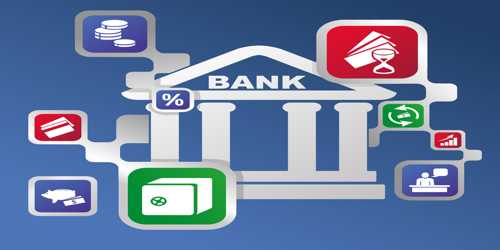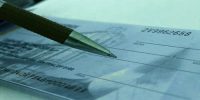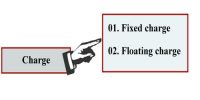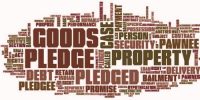The person who performs the banking activities such as accepting of deposits, lending money, withdrawing facilities, exchanging of money is known as a banker. In other words, the person who directly related to the banking business is called banker.
Cheques are a form of payment that is recorded by accountants on your receivables ledger. While you may record the payment instantly upon receipt, there will be a lag time between when you record the payment and when the check clears the bank and is posted to your account.
The Banker must, therefore, refuse payment of the cheques without incurring the liability.
When the drawer countermands payment:
- A cheque has been lost by him.
- Stop payment must be signed by the drawer.
- Change number and date must mention.
Death of the drawer: On receipt of reliable information about the death of the customer. The banker must stop payment of the cheques signed by him.
Insolvency of the Drawer: If a debtor commits an act of insolvency as defined in the solvency law must be refuse.
The insanity of the customer: The banker must have confirmed information reliable about the insanity of the customer refuse payment on the basis.
Notice of Assignment of credit Balance: The Banker must stop payment of the cheques drawn by the assignor as the latter ceases to be the owner of such funds.
Granishe order: The must refuse payment of the cheque presented after the receipt of a granishee order.
Beach of trust: The trust account in breach of trust, the banker must stop payment of the cheques drawn on such account.
Defective title of the party: If any person presenting a cheque has detective title to the cheque and the banker is aware of this fact.















